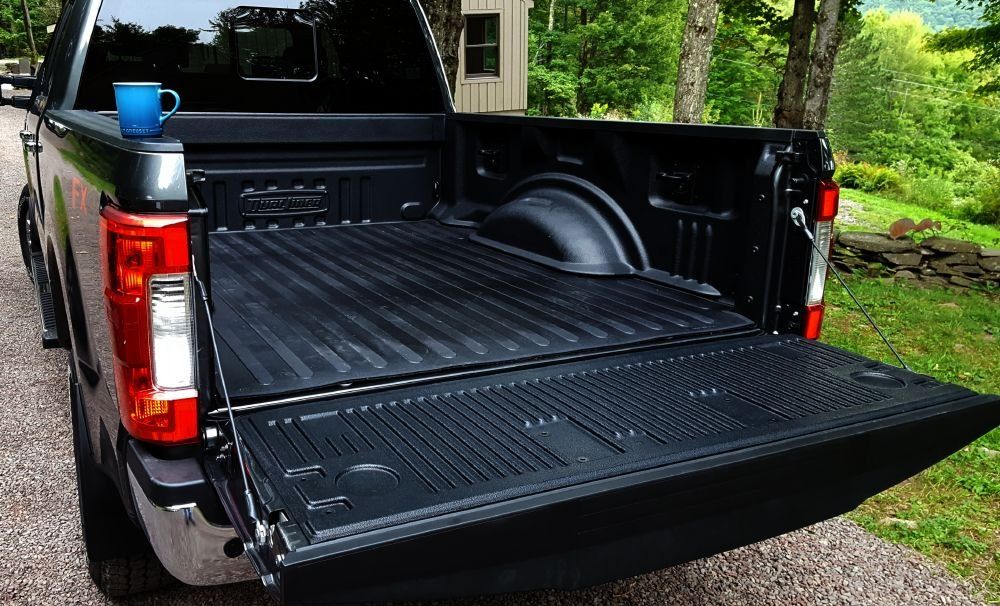The Why’s and What’s of the importance of bed liners:
The need to protect bed liners of trucks has been around dating back to the early 1950’s with the creation of the first pickup trucks. Originally materials like wood planks were the solution for protecting the truck bed. The wood planks served as a barrier between what was being hauled and protecting the surface of the truck from being scratched or dented. As pick up trucks were designed to haul more cargo, more advanced methods and materials were designed. The unstable conditions or wood started to lose their value and tougher materials were being created. Thermoforming, a technique dating back to the 1940’s with advances in development and research, became the first plastic drop in bedliner. With further product advancements, the creation of the spray bedliners garnered all of the industry recognition and grew to hold a large portion of the market share. Today both versions are common but the more finite details, available options and longevity of the spray liners is holding the interest of consumers.

Spray-on bedliner material can be found in varying formulations and methods. Processes such as high or low pressure, aromatic or aliphatic, hybrid and solvent base are common. No matter which process though, performance greatly relies on the initial surface preparation done on the bed. Choosing the right professional technician will set the right quality foundation.
Spray-on bedliners require a trained, professional applicator that has the experience to deliver a smooth even surface. Bedliner materials can also vary in color and texture. A spray-on bedliner can be matched to the color of the body of the truck and options are virtually unlimited with a color matching system, or it can be textured smooth for easy clean up or rough to prevent skidding. There are extensive options for all bedliner requirements.
When applied correctly, the premium value of a truck bedliner is that it resists scratching and denting, protects the life and longevity of the surface, holds its shape with constant movement and terrain and yet remains flexible throughout changing conditions of weather.
Getting the most out of the life of a product is a consumer’s greatest goal.
